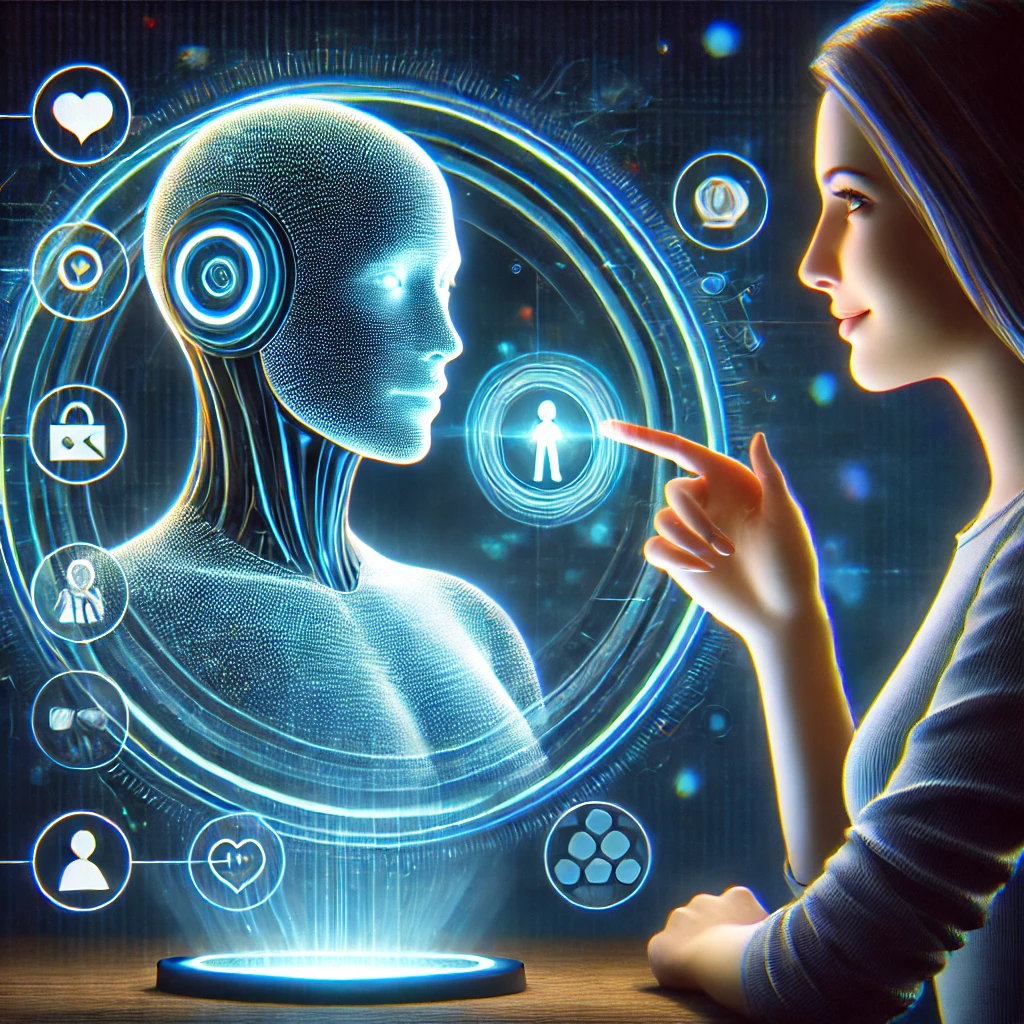



AI agents are transforming the way businesses and individuals interact with technology. No longer limited to robotic and scripted responses, AI-driven agents now offer personalized and human-like interactions, making digital experiences more engaging, intuitive, and seamless. These agents leverage advanced Natural Language Processing (NLP), sentiment analysis, and contextual learning to understand user intent, anticipate needs, and respond in a way that feels natural and conversational.
The Evolution of AI in Human-Like Interaction
Traditional chatbots and virtual assistants relied on predefined rule-based responses, making interactions feel rigid and impersonal. However, with advancements in AI, modern AI agents can:
- Understand context by analyzing previous conversations and user preferences.
- Detect emotions and adjust responses accordingly.
- Personalize interactions based on user history and real-time inputs.
- Engage in natural conversations that mimic human interaction.
How AI Agents Deliver Personalized Experiences
AI agents create highly tailored interactions by:
- Analyzing User Data AI agents gather and process data from past conversations, browsing history, and behavioral patterns to customize responses. This allows businesses to provide personalized product recommendations, targeted marketing messages, and customized support solutions.
- Understanding Intent & Sentiment Using NLP and sentiment analysis, AI agents can identify emotions such as frustration, excitement, or confusion. This enables them to adjust their tone and provide empathetic responses that enhance user satisfaction.
- Offering Adaptive Conversations Instead of following rigid scripts, AI agents dynamically adjust their responses based on user queries. For instance, a virtual sales assistant can shift from providing product information to offering purchase incentives based on user engagement.
- Seamlessly Integrating with Multiple Channels AI-powered agents operate across platforms such as chatbots, voice assistants, and social media, ensuring a consistent and personalized experience across touchpoints.
Real-World Applications of Human-Like AI Agents
1. Customer Support & Virtual Assistants
AI-driven chatbots, like those used by e-commerce and banking platforms, can answer queries, resolve issues, and even handle transactions with human-like engagement.
2. AI-Powered Sales & Marketing
Personalized email campaigns, AI-driven chat interactions, and predictive product recommendations enable businesses to engage customers in a more meaningful way.
3. Healthcare & Virtual Health Assistants
AI-powered medical assistants provide personalized health insights, remind patients to take medication, and answer health-related queries with a conversational approach.
4. Smart Home & IoT Devices
Voice-controlled AI assistants like Alexa and Google Assistant learn user preferences over time, adapting to their speech patterns and daily routines.
The Future of Human-Like AI Interactions
With continuous advancements in deep learning, generative AI, and speech synthesis, AI agents will become even more human-like, offering:
- Hyper-personalized interactions with real-time adaptation.
- Emotionally intelligent responses that enhance engagement.
- Multimodal AI communication, combining text, voice, and visuals for a more immersive experience.
Conclusion
AI agents are reshaping digital interactions by making them more human-like, personalized, and intelligent. Whether in customer support, sales, healthcare, or smart devices, AI-driven interactions are enhancing user experiences and business outcomes. As AI continues to evolve, businesses that embrace these advancements will gain a competitive edge by offering seamless and highly personalized engagement.
Want to integrate AI-powered personalized interactions into your business? Contact us today to explore AI solutions tailored to your needs!


